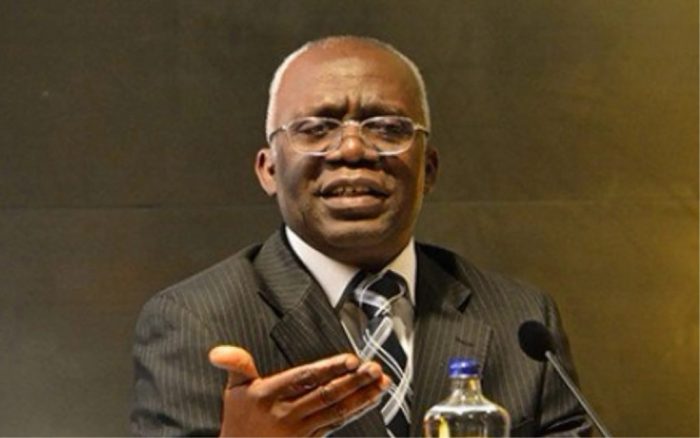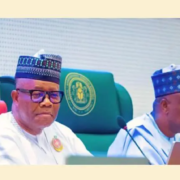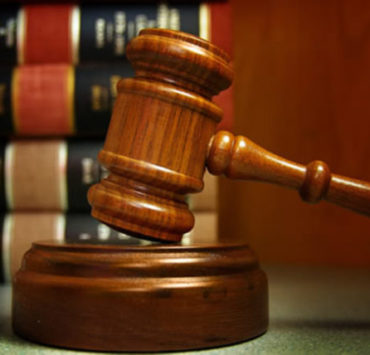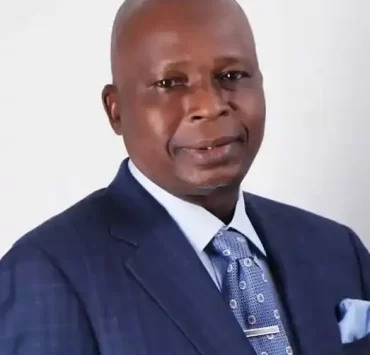EFCC, ICPC Were Established Legally, Says Falana

Lawyard is a legal media and services platform that provides…
Human rights lawyer, Mr. Femi Falana (SAN) has thrown his weight behind the establishments of the Economic and Financial Crimes Commission (EFCC) and the Independent Corrupt Practices and Other Related Offences Commission (ICPC), stressing that the two anti-graft bodies were legitimately established and have come to stay.
Falana, who was a guest on national television on Sunday, contended that rather than challenging the legality of EFCC, what should be demanded are measures to ensure that the body is not under the government’s control.
The senior lawyer argued that the EFCC and ICPC were both established in pursuance of the duty imposed on the Nigerian state under Section 15, Sub-Section 5 of the Constitution.
A former President of the Nigerian Bar Association (NBA) Dr. Olisa Agbakoba (SAN) had repeatedly described the EFCC as an unlawful organisation.
Agbakoba had in letters to the National Assembly said the powers under which EFCC was established go beyond the powers of the National Assembly.
However, Falana said: “For me, the ICPC and the EFCC like the Code of Conduct Tribunal (CCT) have come to stay. What we should be demanding are measures to make these institutions autonomous, not under the control of any government,” Falana said on the programme.
He added: “And the Supreme Court has maintained rather repeatedly concerning the EFCC and ICPC, that these are crime fighting bodies, and shouldn’t be under the control of the federal government.
“They are agencies to fight economic crimes in our country, to fight financial crimes in our country, to fight corruption in our country.”
According to Falana, state governments are not prohibited from setting up their own anti-graft agencies, adding that the Kano state government and the Oyo state government have done so.
He said: ‘’The state governments are also required to set up their own anti-corruption agencies if they so desire. These bodies are to work with the EFCC and the ICPC, so that the monster-corruption and other economic crimes in our country can be frontally attacked.
‘’This battle is ideological, they are talking of president, governors, senators and the rest of them, but nobody is talking of the poor. Today in Lagos, 22 young people were arrested for trying to lay a wreath in memory of those who were killed in Lagos State during the EndSARS protest.
‘’On Tuesday about 76 Nigerians are going to be charged with treasonable felony for protesting against worsening economic condition in the country. But, it’s only when it concerns the rich that people see the laws meant to fight corruption illegal.
‘’But I am saying that the Supreme Court has made the point and not just in one case but in several cases that EFCC and ICPC were properly created.
‘’We are talking of a bill sponsored by the executive, passed properly by the National Assembly. Nobody has said the required majority did not pass either the ICPC Bill into law or the EFCC Bill into law,” he stated.
Lawyard is a legal media and services platform that provides enlightenment and access to legal services to members of the public (individuals and businesses) while also availing lawyers of needed information on new trends and resources in various areas of practice.













